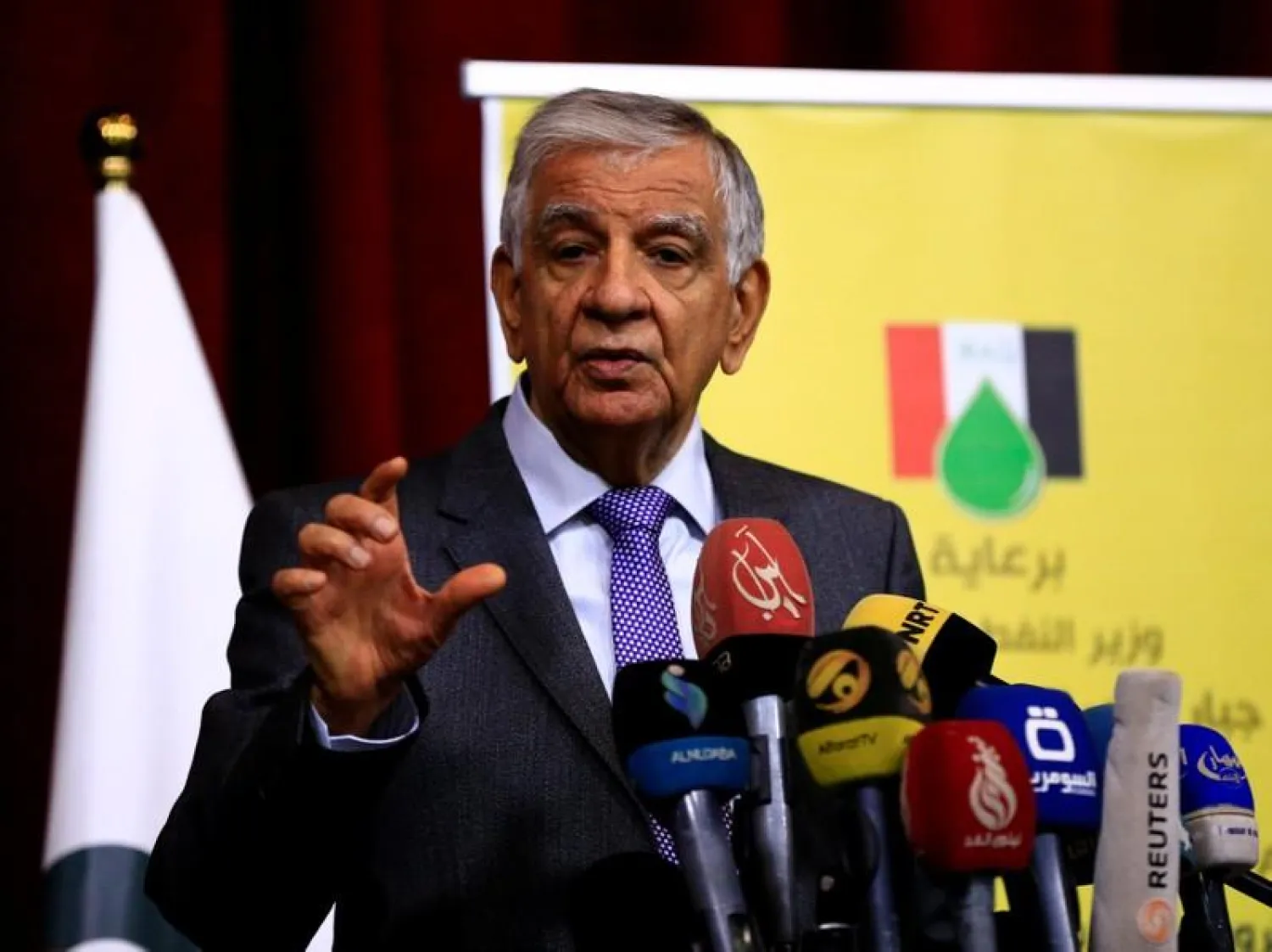Iraq called on Monday foreign firms to bid for contracts to explore reserves of gas and oil in nine new areas, as the OPEC member seeks to boost its outcome capacity.
“We invite all international companies to participate,” Oil Minister Jabar al-Luaibi told a news conference in Baghdad. “This new round aims to maximize reserves,” he added.
Five blocks are located at border areas with Iran, three with Kuwait and one is offshore in Gulf waters, a presentation by oil ministry officials at the conference showed. The bidding terms will be finalized by the end of May and the ceremony to open the bids will be held on June 21, 2018, the presentation said.
The areas had previously been neglected because they were the site of conflicts between Iraq and its neighbors in the 1980s and 1990s, Luaibi said.
Opinions of the foreign companies will be taken into consideration when formulating the new contracts, and the terms will vary from previous service contracts, from which Baghdad is moving away because they remunerate companies regardless of oil prices fluctuations, continued the oil minister.
Iraq, OPEC’s second-largest producer after Saudi Arabia, depends on oil sales for over 90 percent of its public budget. In 2014, the country’s finances suffered when oil prices collapsed.
"We are keen on to make significant changes to the new exploration model contracts and adopting a new commercial and financial model different from the service contract,” Luaibi said, adding the list of qualifying foreign bidders would be announced on Nov. 29.
Iraq’s oil output capacity should reach 5 million barrels per day (bpd) by the end of 2017, Luaibi said earlier this year. Its current capacity is about 4.8 million bpd and its production about 4.4 million bpd, in line with an agreement by oil exporting nations to curb output in order to support crude prices.
China’s CNPC has expressed interest in developing Iraq’s giant Majnoon oilfield which Royal Dutch Shell wants to exit, two Iraqi oil officials told Reuters.
The oil ministry in Baghdad is waiting for Shell to officially exit the field located in southern Iraq before engaging in talks with other companies about developing it, officials said. CNPC was not available for immediate comment.
Shell plans to exit Majnoon and hand over its operation to the state-run Basra Oil Co. by the end of June 2018, oil officials said last week.









